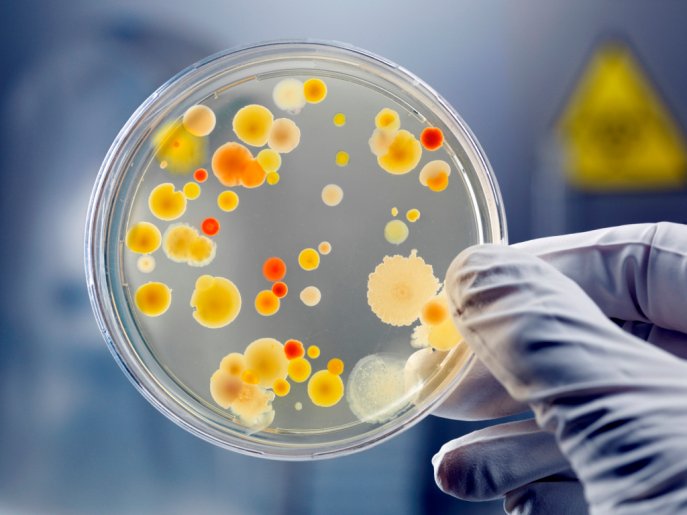
German doctors are raising alarms over the growing threat of antibiotic resistance, warning that the world may be reverting to a pre-penicillin era, according to a report by Bild on Monday. Medical experts have expressed concern over the rise in antibiotic-resistant pathogens, which jeopardizes the medical advances made since the discovery of penicillin in the late 1920s. This breakthrough extended human life expectancy by as much as 30 years by effectively treating bacterial infections, but that progress is now at risk.
“We are witnessing the erosion of modern medicine’s achievements, potentially reverting to a time before penicillin,” said Mathias Pletz, head of the Paul Ehrlich Society for Infection Therapy. Professor Yvonne Mast, a microbiologist at the Leibniz Institute in Braunschweig, echoed these concerns, calling antibiotics “the greatest medical breakthrough” and warning that emerging resistance and a lack of new antibiotics pose a significant threat.
A study cited by Bild predicts up to 39 million deaths globally by 2050 due to antibiotic-resistant infections, which already claim 35,000 lives annually in the EU. Professor Frank Brunkhorst from Jena University Hospital highlighted two primary factors contributing to this crisis: the overprescription of antibiotics, especially for viral infections where they are ineffective, and the reintroduction of resistant germs through international travel, particularly from countries like Greece, Turkey, and India.
Brunkhorst also warned travelers that antibiotic-resistant germs brought back from vacations could be life-threatening to vulnerable populations, such as the elderly.
The pharmaceutical industry has been slow to respond, with only 12 new antibiotics approved since 2017, largely due to the long and costly research and development process, according to Mast. It takes 8-15 years and can cost up to $2 billion to bring a drug to market, with only 1 in 5,000 substances reaching approval.
Mast urged increased funding and faster approval processes for new antibiotics, noting that China has surpassed Germany in this field. Brunkhorst added that politicians must take action to revive antibiotic production in Europe, as all current supplies come from India and China, leaving the continent heavily dependent on foreign sources.
Source: RT.COM






